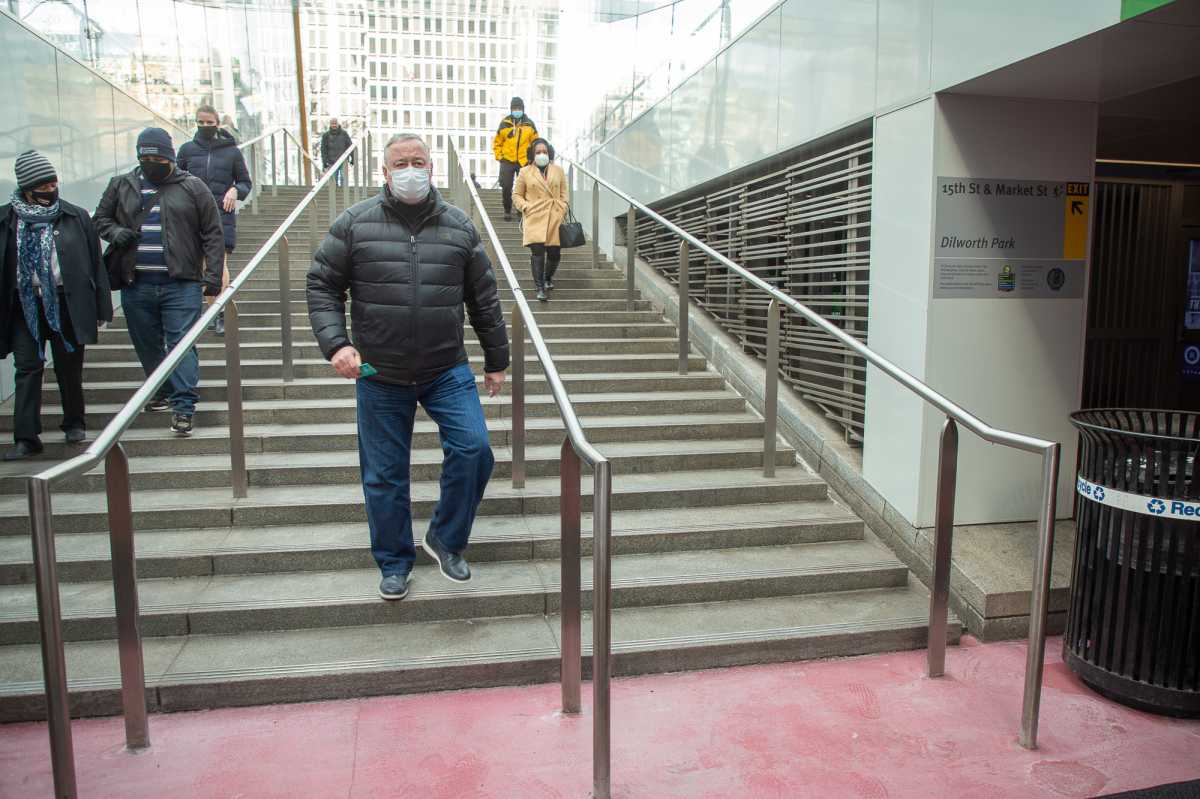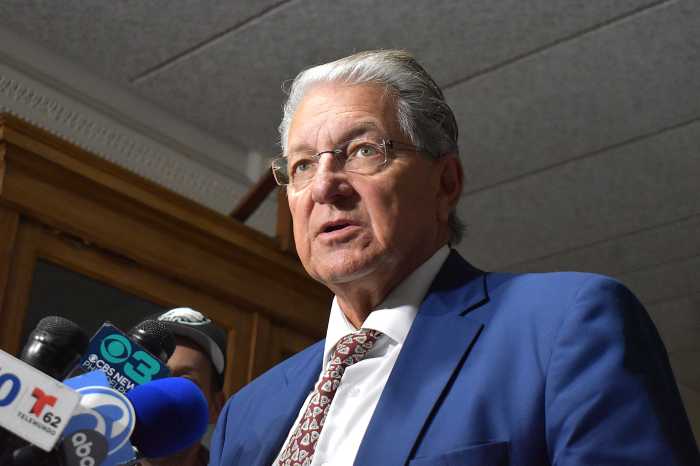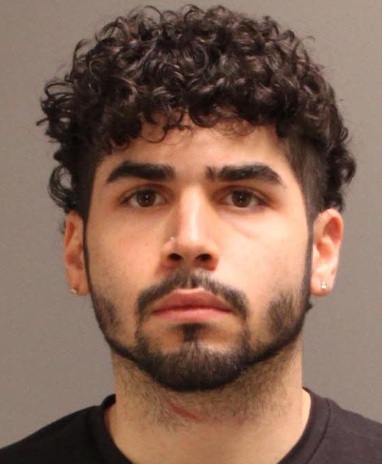City leaders unveiled a plan Monday endorsing major changes to SEPTA’s operations, including a special rate for low-income riders and more frequent Regional Rail service.
Particular attention was also paid to the bus network, with the report outlining a series of corridors that should receive priority for additional bus shelters, bus lanes, boarding islands and street-level improvements.
Mayor Jim Kenney and other officials pitched the 192-page plan as a way to bring people out of poverty and address climate change.
“This is a bold transformational road map that provides long-term solutions while addressing immediate and relevant needs through policy and infrastructure recommendations we can start to put in place now,” he told reporters during a virtual press briefing.
Standing in the way of the plan are the fiscal challenges faced by both the city and SEPTA.
Kenney’s office is projecting a $450 million shortfall for the next fiscal year, and the authority has experienced a sharp decline in ridership since the start of the coronavirus pandemic.
Officials are hoping for help, either from the state or Biden administration. SEPTA received $643 million from the original CARES Act.
“It’s not a time for us to stop being innovative,” SEPTA General Manager Leslie Richards said. “It’s not a time for us to stop planning for our future because we know that we need a strong mass transit system for this region to recover fully.”
The report, called “A Vision for 2045,” identified nine corridors that should be first in line for enhancements aimed at making buses more efficient and improving stops for riders.
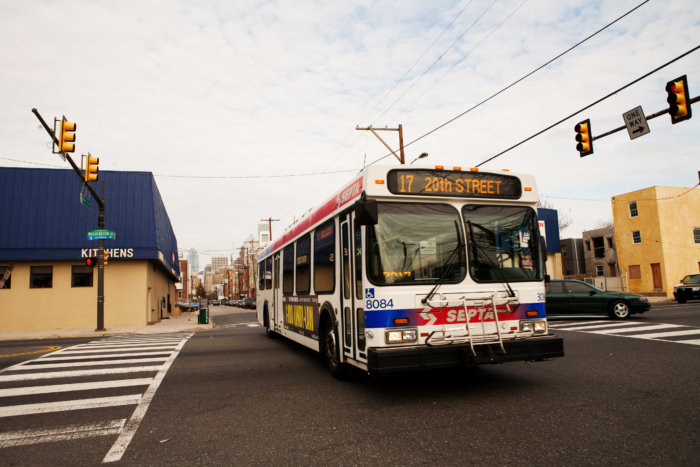
Among the streets selected were Olney Avenue, Roosevelt Boulevard and East Market Street. They were chosen based on a formula that factored in ridership and the number of low-income passengers.
SEPTA is in the process of completely redesigning its bus network, which includes many routes that have not been altered in decades.
Another proposal calls on the authority to increase bus frequency on the weekends for people who do not work a Monday-to-Friday schedule.
On the topic of infrastructure, the plan recommends SEPTA focus on an initiative to replace its aging trolley fleet and redesign trolley stations to better serve people with disabilities. The project’s cost is estimated at $1.85 billion.
Richards said SEPTA is committed to modernizing its trolley system, and the authority aims to finish reconstructing stations on the Broad Street and Market Frankford lines to make all of them compatible with the Americans with Disabilities Act by 2030.
The authority is entering the design phase for another massive project, the $7 billion extension of the Norristown High Speed Line to King of Prussia, Richards said.
She touted the investment as a way to connect three major job hubs — Center City, University City and KOP.
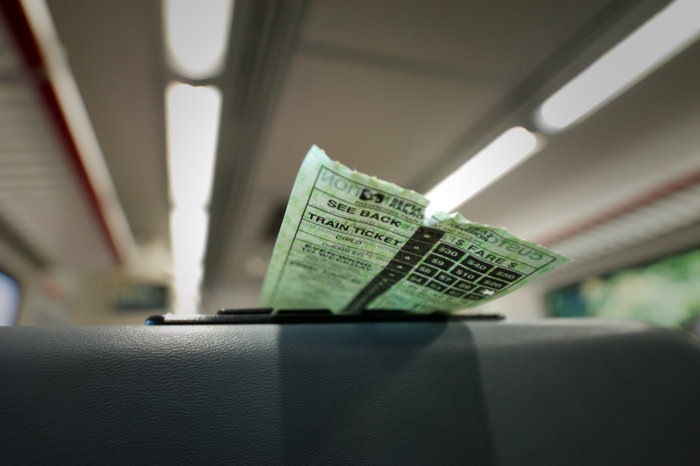
Another goal outlined in the plan is to eventually have every Regional Rail Line running a train every 15 minutes for 15 hours a day and seven days a week. One possibility, detailed in the report, is running two-car instead of six-car trains.
The idea would be tested through the “Silver Line,” a branded section of already-existing rail between Fern Rock and University City. Multiple Regional Rail lines travel that corridor, meaning it wouldn’t take much to schedule trains every 15 minutes.
Getting all sections of the rail system to high-frequency service “will take decades to implement,” the plan states.
In a bid to further restructure SEPTA’s fare system, the report calls for the creation of a low-income rate, which would be similar to the program that allows seniors to ride for free.
The plan notes that, in similar programs, “the lost income is made up by a higher base rate for non-low-income households and individuals.”
Shortly after the recommendations were released, the plan received the support of 5th Square, a political action committee that focuses on public transit and other urban issues.
“Transit is an investment in our future, and this plan is the answer our region needs as we begin to solve our problems with equity, congestion, and climate change,” said PAC co-chair Dena Driscoll in a statement.



